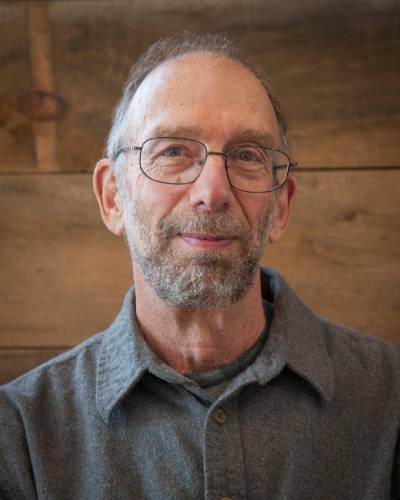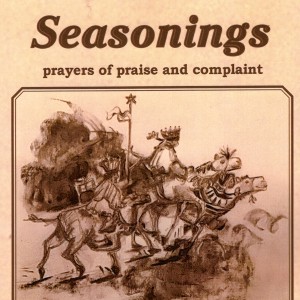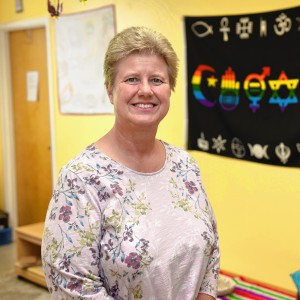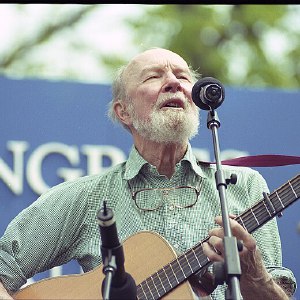We need to talk about education: Lessons learned from the British Columbia Charter for Public Education

SELWYN Contributed photo/Trish Crapo
| Published: 11-13-2023 12:38 PM |
Students raced and wrestled across the lawn of Greenfield Middle School as their parents and guardians stood in line waiting to enter the building. They were there to meet their child’s teachers on the evening before the start of the school year. The kids’ excitement at seeing their friends was a joy to see and brought back many memories of opening days from my own teaching career.
I thought of the range of children and families I worked with, each bringing their own experiences, hopes, fears, and expectations with them into our common classroom. Many were comfortable with the overall setup of public education, trusting that their child would basically be ok with whatever happened at school because it had been ok for them, and for their parents before them. They approached the coming year with hopes that it would be a good experience for their child, but also as a matter of routine, without much concern or critical thought attached to it.
There were also members of other families who approached the education of their children as anything but routine. They had strong feelings that their children had not gotten the education they needed and deserved in their previous years of schooling and were committed to doing what they could to advocate for their children. While some individual families do have conversations with teachers and or administrators, others suffer in silence, frustrated that their children are not well served but reluctant to approach teachers and administrators, sometimes based on their own negative school experiences.
Meeting the educational needs of the full range of learners in any individual classroom or school building goes beyond any single conversation. It requires bringing the entire school community together — educators, families and students — to talk about how to meet the needs of all the children in the room or school. It is a significant challenge that requires the cooperation and communication of the entire school community. Those would be difficult conversations in the best of times, but it is particularly difficult in our present time where the impulse seems to be to divide and attack rather than to come together in a common effort, which makes this story I will share next all the more inspiring and one I hope we can learn from in 2023.
Public education in British Columbia was in crisis in 2002. Income taxes were cut by 25% resulting in deep cuts to education and other public services. Almost immediately, class sizes got bigger, specialist teachers disappeared, students with special needs suffered, schools were closed. Teachers, parents, students, and the wider community reacted swiftly and powerfully, but the government would not be moved.
The leadership of the British Columbia Teachers’ Federation (BCTF) worked to respond to the immediate crises, but they also decided to launch a listening tour focused on the goals and principles of public education, reaching out to the entire population of the province. A five-person panel representing a range of community interests traveled throughout the entire province of British Columbia holding conversations about public education. They made sure to reach out to Indigenous communities and other marginalized groups and were clear that their focus was to listen to as many people as possible.
They brought three questions to all of the groups with whom they met: What are the characteristics of an educated person? What is an educated community? What should be the principles of public education? By the time they had finished, they had heard from thousands of community members from 42 towns and received 620 written documents. The responses helped shape what became the Charter for Public Education.
It is an inspiring document. While some of what the panel heard at first was anger and frustration over the current situation, the panel’s focus was on the future, and the questions they brought to the public were geared towards generating conversations on what the public valued and what they wanted to see from their public schools. You can find the summary of the Charter at https://tinyurl.com/2s42a6kp and the complete report of the panel’s work here: https://tinyurl.com/mryrzxdb.
Article continues after...
Yesterday's Most Read Articles
 Hotfire Bar and Grill to open Memorial Day weekend in Shelburne Falls
Hotfire Bar and Grill to open Memorial Day weekend in Shelburne Falls
 Charlemont planners approve special permit for Hinata Mountainside Resort
Charlemont planners approve special permit for Hinata Mountainside Resort
 $338K fraud drains town coffers in Orange
$338K fraud drains town coffers in Orange
 Deerfield Planning Board OKs Hamshaw Lumber expansion
Deerfield Planning Board OKs Hamshaw Lumber expansion
 My Turn: Quabbin region will never see any benefits from reservoir
My Turn: Quabbin region will never see any benefits from reservoir
 September half-marathon to be Tree House Brewing Co.’s first 5,000-capacity event
September half-marathon to be Tree House Brewing Co.’s first 5,000-capacity event
I find the charter effort remarkable for several reasons. First, it was a response to the challenges of public education that went beyond the immediate and paralyzing crises of the moment. There are always crises which suck up so much time and energy that they leave no room for deeper conversations about what we want for our kids from our schools. Second, they reached out to the public in listening mode. The panel structured the conversation starters through the questions they brought to the meetings, but they were clear that their role was to listen. Third, they went to where people lived rather than expecting the public to come to them. They visited large cities and towns and small, remote villages, with an intentional focus on making sure that populations that are often marginalized and excluded were invited into the conversation. And finally, they produced a powerful document reflecting the vision and values of people across the province. While the complete charter was not immediately enacted, it has served to keep the community’s voices and hopes in the classroom.
I also take inspiration from the B.C. experience because of how rare and unique it is. The public is rarely invited in to have real conversation with those finally charged with making decisions, or with each other. It is more typical, in my experience, that our communication with decision makers is pitted against a two- or three-minute timer, and it is one-way; we make a presentation, they listen (or don’t) and then we are finished. No exchange, no follow up, and no communication with others in the room. These public statements are a necessary requirement of public meetings, but it often does not seem like real communication is happening, or even desired.
Given the intense controversy around public education, ranging from what is taught (or not taught), funding challenges, high stakes testing, the ways in which often marginalized populations are (or are not) included and valued within classrooms and curriculums, to the struggle over banning of books and the restrictions on how critical and crucial issues are addressed in classrooms, I feel we desperately need to have public, community conversations about public education, but those are not happening. Is there any role for “we the people” to play in the education that our children receive?
I am proposing to begin a community conversation through this column. I am inviting readers to respond to any or all of the three questions that follow, questions that are similar to those asked 20-plus years ago in British Columbia.
What do you wish you had learned in your schooling? What do our young people need to learn through their schooling so they are ready and able to deal with the present and the future? What do we need our young people to learn so that they are ready and able to be part of our community such that it survives and thrives?
While it would be possible to write entire books about any of the questions, I am asking for short responses, no more than a couple of sentences so that I can share as many as possible. Please send your thoughts to me at dougselwyn12@gmail.com. Please note that in order to include as many responses as possible, I may need to edit/excerpt some of them.
And to be clear, I am not offering this conversation as one of the deciders and am not promising action as a consequence of what we say and hear. I am presenting this opportunity because these are our children and our schools, and it is important that our voices are spoken and heard. Even when we disagree, we are part of the commons, and our town is stronger and healthier when we are working together for the well-being of all of us.
Doug Selwyn taught at K-12 public schools from 1985 until 2000 and then at university as a professor of education until he retired in 2017. He is the chair of the Franklin County Continuing the Political Revolution education task force. You can reach him at dougselwyn12@gmail.com.

 Speaking of Nature: Indulging in eye candy: Finally, after such a long wait, it’s beginning to look like spring is here
Speaking of Nature: Indulging in eye candy: Finally, after such a long wait, it’s beginning to look like spring is here Celebrating ‘Seasonings’: New book by veteran preacher and poet, Allen ‘Mick’ Comstock
Celebrating ‘Seasonings’: New book by veteran preacher and poet, Allen ‘Mick’ Comstock Faith Matters: How to still the muddy waters of overthinking: Clarity, peace and God can be found in the quiet spaces
Faith Matters: How to still the muddy waters of overthinking: Clarity, peace and God can be found in the quiet spaces A time for every purpose under heaven: Free sing-a-long Pete Seeger Fest returns to Ashfield, April 6
A time for every purpose under heaven: Free sing-a-long Pete Seeger Fest returns to Ashfield, April 6
